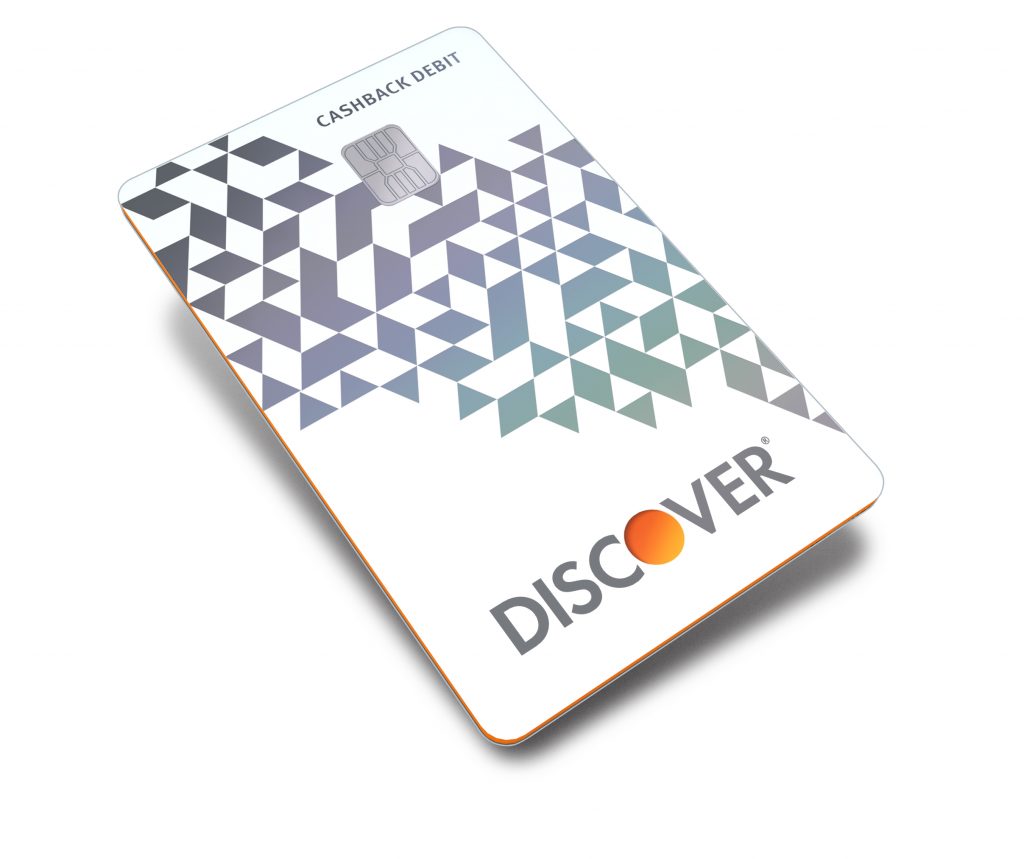Discover Financial Services reported mixed results Thursday for the fourth quarter of 2020. Despite a 4% decline year-over-year in revenue, which totaled $2.82 billion, Discover’s net income rose 13% to $799 million.
Payment Services volume totaled $70.1 billion, up 6% year-over-year, with all four legs that comprise the division—the Discover and Pulse networks, Diners Club and Network Partners—posting increases in dollar volume.
Volume on the company’s flagship Discover network rose 5% year-over-year to $42.5 billion. Pulse, Discover’s ATM network, saw volume increase 10% year-over-year to $55.1 billion. Diners Club saw volume rise 28% year-over-year to $6.3 billion and Network Partners’ volume rose 23% year-over-year to $8.7 billion, largely on the strength of AribaPay volume.

The gains in volume did not offset a decrease in Payment Services’ income. Pretax income for Payment Services totaled $24 million for the quarter, down $17 million year-over-year. The decrease was driven primarily by lower Diners Club and Network Partners revenue.
Net interest income decreased 2% to $2.37 billion year-over-year. Net discount and interchange revenue also declined, posting a 14% drop year-over-year, largely due to higher rewards costs. Discover paid out $569 million in rewards for the quarter, up from $519 million during the same period in 2019.
Credit card net chargeoffs decreased 78 basis points to 2.83% year-over-year for the quarter. Net principal credit card charge-off dollars totaled $463 million for the quarter, down from $644 million a year earlier.
With many consumers facing financial difficulties as a result of the Covid-19 pandemic, Discover forecasts that net chargeoffs are likely to increase in the second half of 2021 and remain elevated in 2022.
Credit card delinquency rates were also down year-over-year. Delinquencies of 30-days or more were 2.07% for the quarter, compared to 2.62% a year earlier. Delinquencies of 90 days or more were 1.03%, compared to 1.32% a year earlier.
In spite of the mixed results, Discover chief executive and president Roger Hochschild said the company appears well-positioned to thrive once the economy begins to rebound.
“While there is still uncertainty in the U.S. economy, the strength of our digital banking business model and the benefits of our investment in core capabilities have positioned us well heading into 2021,” Hochschild said in a prepared statement.



